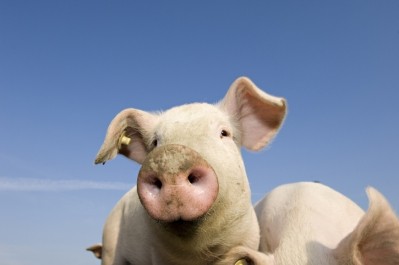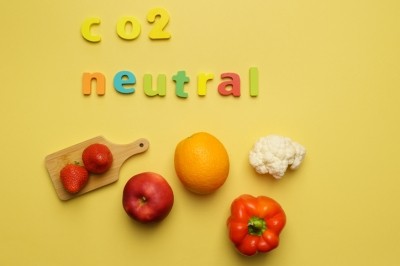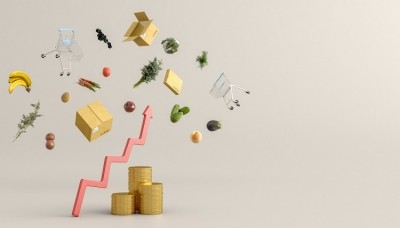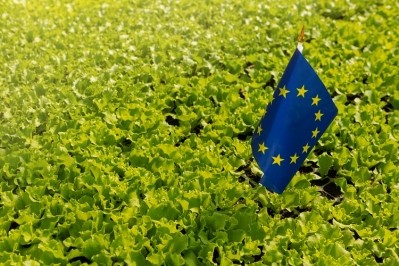EU-27 countries exceed biocapacity, driven in large part by the food system: study
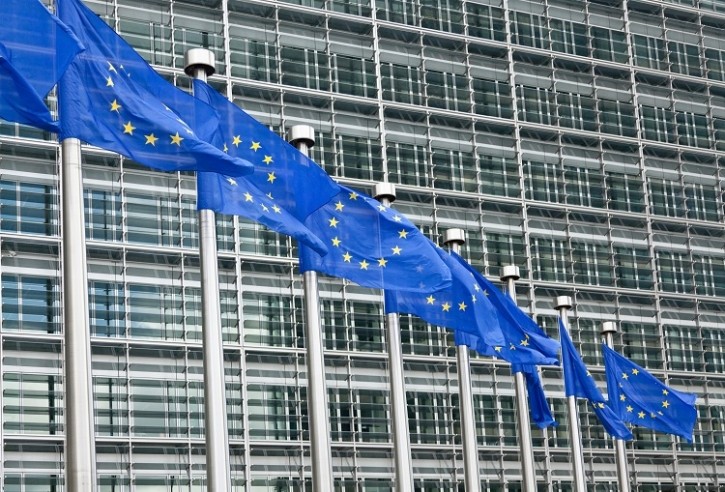
Biocapacity is the ability of an area to support human life by the production of food and fuel from the land, and the amount of waste it can absorb efficiently. According to a recent study from Nature Food, which studied a period between 2004 and 2014, the 27 countries within the EU have exceeded their biocapacity. This is, in large part, driven by the food system.
The study analyses each Member State's ability to meet the demands of its citizens, with less than encouraging results.
Food made up between 28% and 31% of the ecological footprint measured over the study, demanding over half of the biocapacity of the land. This was the largest component of the ecological footprint by a significant amount, the next highest being personal transportation (21-22%).
Biggest players in ecological footprint
On a per capita basis, the highest food footprint (ecological footprint for food alone) by 2014, the end of the study, was Luxembourg, while the lowest was Ireland.
The foods that contribute most to the ecological footprint are meat, fish, seafood, bread and cereals. These foods make up 49% of the average food footprint of an EU resident, despite only accounting for a mere 27% of the 860kg of food available to the average person (as it was in 2014).
Beef was a particular focus even over other meat. The studies suggest that halving one’s beef consumption and replacing the calories lost with poultry or pig meat could lead to a 6% reduction in food footprint, or a 7% reduction if replaced with beans and pulses.
Of course, due to different consumption habits, food makes up a different proportion of the overall ecological footprint in each of the different countries. The type of food a country eats also influences their ecological footprint.
Countries with a higher food supply generally tend to have a higher ecological footprint. However, a food footprint is also impacted by diet (for example, Malta’s food consumption is a higher percentage of vegetables than average, so even with its high food supply it has a relatively low ecological footprint).
It is not just food consumption but food waste that contributes to a country’s food footprint. France had the highest food footprint connected to waste, with 135kg of food waste per capita each year, far above the EU average of 113kg.
The impact of globalisation
The study found that globalisation also plays a key role in the food footprints of each nation. A significant amount of the of food footprints in the 27 countries relied on biocapacity from other countries, effectively imported in through international trade.
However, much of this took place within the borders of the 27 EU countries, with 74% of imported biocapacity being from other EU countries in 2004, and 76% in 2014. Only around one quarter of this imported biocapacity comes from outside the EU.
Many countries new to the EU, such as Romania, Bulgaria and the Czech Republic, have an average international food footprint below 40%. The majority of EU countries have between 40% and 80% of their food footprints coming from external sources. A few densely concentrated EU countries, such as Malta, Luxembourg and Belgium, have over 80% international food footprints.
Signs of progress
Over the period studied, there were some levels of progress. For example, the average ecological footprint of an EU citizen decreased by 20% between 2004 and 2014, and most countries reduced their residents’ per capita food footprint.
Some of the progress made in food can be chalked up to the decrease in reduction of total meat consumption across the EU, for which red meat was solely responsible (the consumption of white meat actually increased).
The tendency of reducing a food footprint is particularly keenly felt in Eastern European countries. The study suggests that this is linked to their integration into EU trade.
However, food remains the most significant factor in the exceeding of biocapacity in the period studied.
The future of biocapacity
The report suggests that biocapacity is exceeded because resources within member countries are overused, as are our global commons (international resource domains). Furthermore the level of biocapacity imported is higher than that exported, limiting the EU’s strategic autonomy.
While a snapshot of bygone years, the awareness of the role of food in the EU’s ecological footprint is important, the study suggests, due to the Farm to Fork Strategy’s potential, if implemented properly, of allowing the EU to align with the Paris Agreement and the UN Sustainable Development Goals.
Nevertheless, because of its significant sourcing from outside the EU, changing domestic food policy will not alone be enough to meet carbon targets. The EU, the study suggests, must also change its sourcing practices.
Sourced From: Nature Food
'EU-27 ecological footprint was primarily driven by food consumption and exceeded regional biocapacity from 2004 to 2014’
Published on: 14 September 2023
Doi: https://doi.org/10.1038/s43016-023-00843-5
Authors: A. Galli, M. Antonelli, L. Wambersie, A. Bach-Faig, F. Bartolini, D. Caro, K. Iha, D. Lin, M. S. Mancini, R. Sonnino, D. Vanham & M. Wackernagel
